(ECNS) -- A Chinese blogger who moved to the United States shared a video on overseas social media platforms, stating that she purchased a gasoline tricycle as a Christmas gift for her father-in-law. Priced at around $600, her father-in-law praised the gift endlessly upon receiving it.
The gasoline tricycle can be equipped with regular tires for urban commuting with passengers or off-road tires to serve as a utility vehicle for tasks such as transporting fodder, sand, or towing cars.

It is versatile, easy to use, charges quickly, and is robust and durable.
On the social media platform, videos show the versatility of the tricycle, capable of carrying goods, transporting people, and performing various tasks.
According to a sales representative from a gasoline tricycle manufacturer, their overseas sales are showing a significant upward trend. Consumers can customize battery capacity, carriage length, and vehicle roof according to their needs, with the products then shipped to export warehouses.
Why are they favored by overseas consumers? In the view of Zhang Xiang, an auto sector researcher at the North China University of Technology, domestically produced gasoline tricycles have a triple advantage of low price, good quality, and mature technology. Compared to foreign countries, China has a large rural population, and a broad audience for tricycles, making the technology more mature and the industry well-supported.

Zhang said most domestically produced two-wheelers and gasoline tricycles have intelligent network connectivity, allowing them to connect to smartphones for features like automatic unlocking and positioning.
"These features are not available abroad, and China-produced tricycles attract overseas consumers to try something new," Zhang said.
"China's intelligent products have matured significantly after more than a decade of development and have strong competitiveness internationally," Zhang added.
In his view, the rise of artificial intelligence technology brings tremendous industrial opportunities, and strengthening exports can effectively alleviate the risks of related overcapacity, which is of great positive significance.












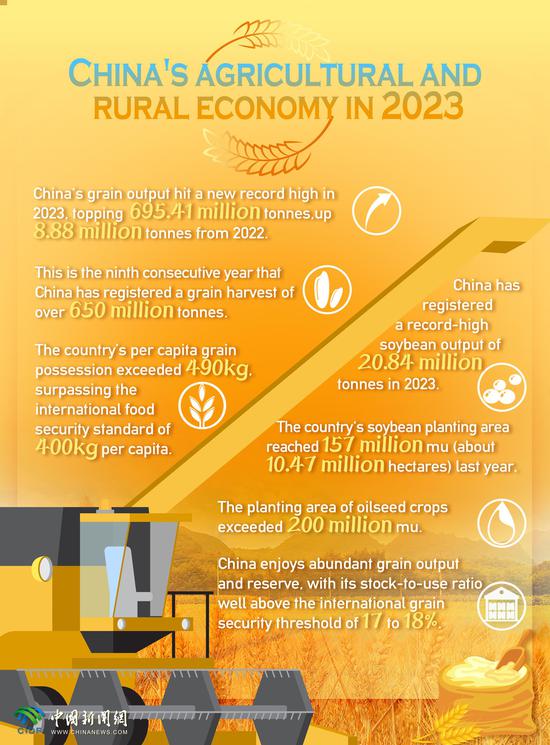

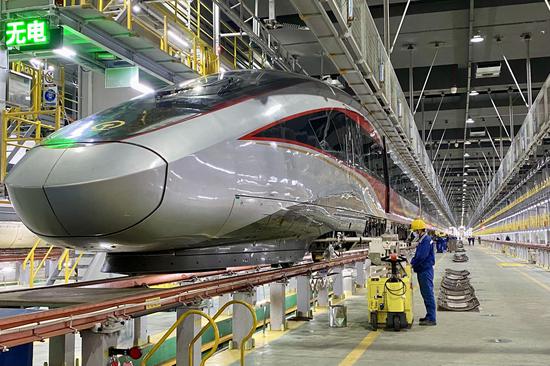


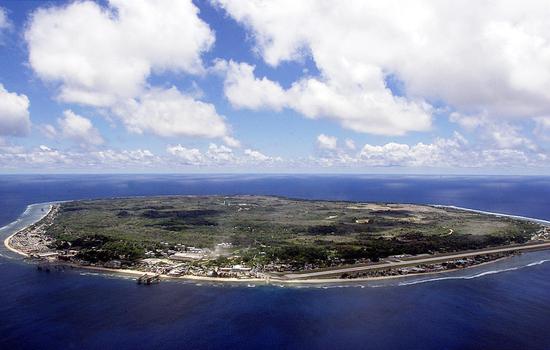



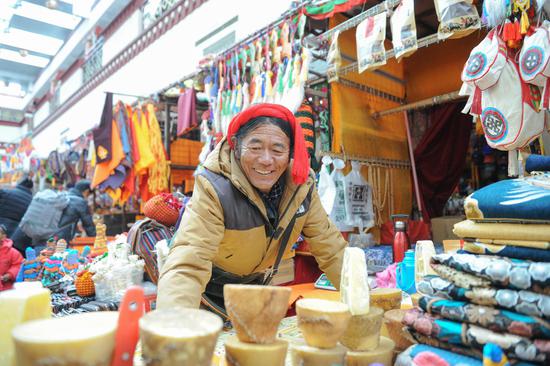

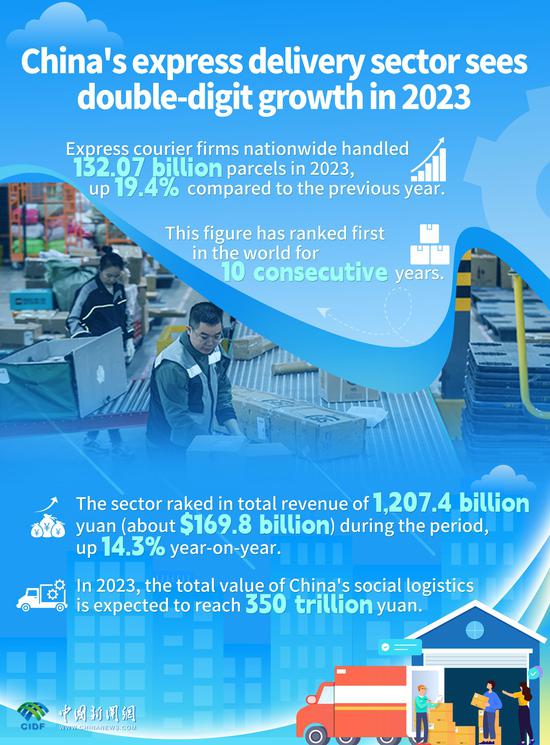
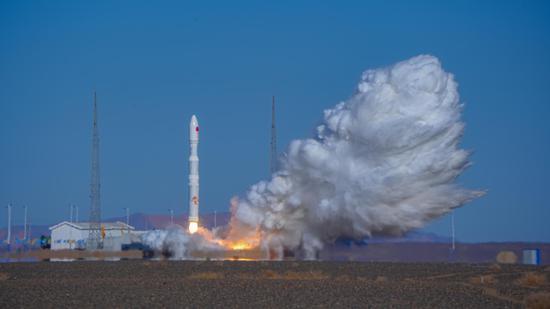








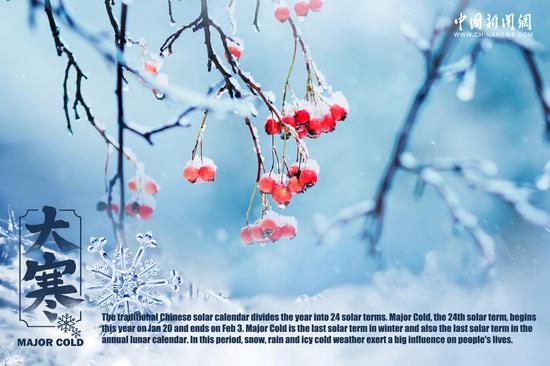
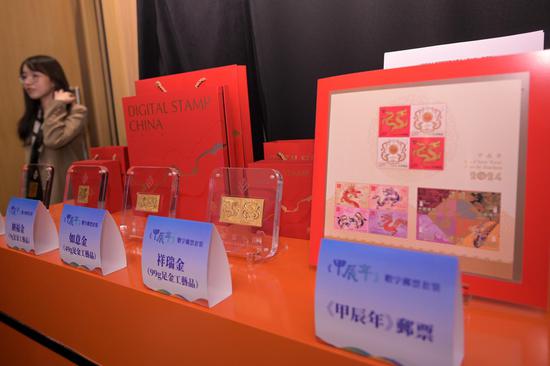



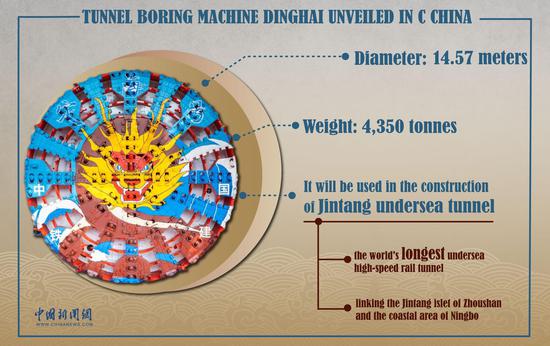
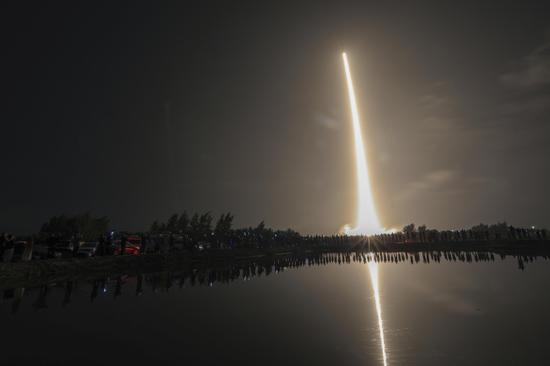




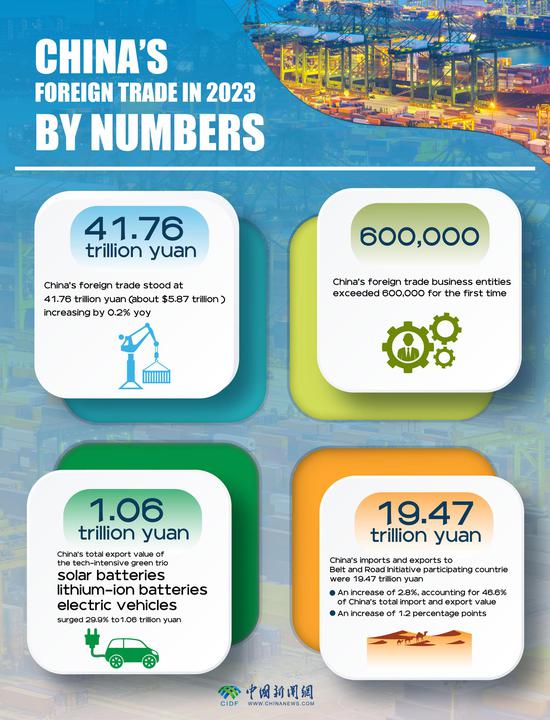





 京公网安备 11010202009201号
京公网安备 11010202009201号